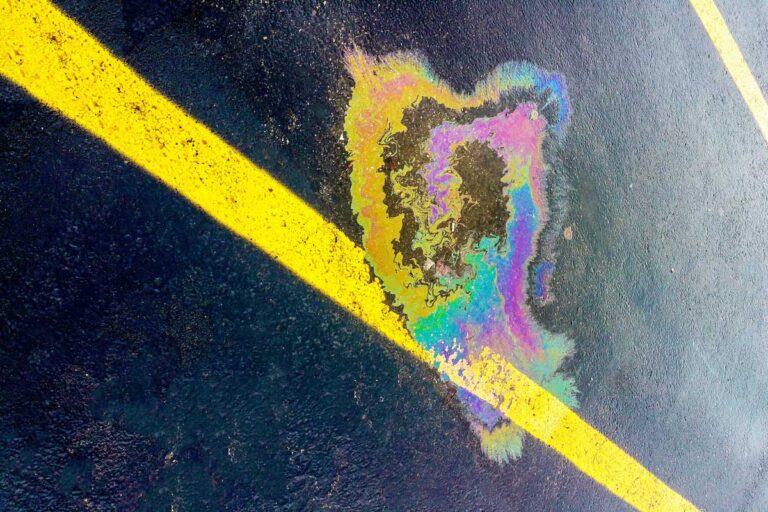Meet the activists fighting oil sponsorships and BP’s chokehold on the British Museum
It has to be said that museums today have completely fallen out of favour. Their permanent exhibits often feel archaic and when they do have an exhibition that is popular, it’s impossible to grab tickets in time. In London, the British Museum is still categorised by ancient Roman and Greek periods as if all who visit are practising Classicists. It is now common knowledge that museums have filled their gargantuan halls with the stolen artefacts of countries once colonised by Europe. In fact, the British Museum has received the shameful title of being ‘the “largest receivers of stolen property.” Regardless of such information being out in the open, few museums have offered to return their loot. But wait, it gets worse.
Not only are these monoliths a constant reminder of a violent past that refuses to relinquish its marble grasp, but it also turns out museums have a hand in the violence of our future too. For the last ten years, the climate activist group BP or not BP? has been campaigning against the cultural institutions due to their association with oil and gas tycoons.
Some of you may not know this, but the British Museum is among some of the cultural organisations to receive sponsorship from BP—one of the world’s seven oil and gas ‘supermajors’. By teaming up with cultural institutions, oil companies create an image of themselves as ‘philanthropic’, distracting the public from their awful human rights and environmental record, their history of funding autocrats (including Vladimir Putin) and oil’s detrimental effect on climate change.
It is worth noting that BP’s plans to drill for oil in Australia and Argentina had it barred from any involvement in Cop26. As BP or not BP? Has stated many times in the past, oil companies use sponsorships to give them “a false veneer of respectability” while harming the oceans and wildlife with oil spills and continuing their deals with war-mongers across the world.
But finding an easy fix to their awful brand image doesn’t seem to be enough for companies like BP and Shell. By sponsoring Britain’s large publicly-funded venues, they can also use these spaces—to host events that allow the worst perpetrators of climate change and oil catastrophe to rub shoulders with government officials and lobbyists. These sponsorships do more than just control oil’s public image, they promise its profitable future while the world continues to burn.
View this post on Instagram
Ten years ago, many of Britain’s cultural institutions were sponsored by oil companies, most commonly Shell or BP. The climate activists at BP or not BP? set out to publicly shame the 20 institutions sponsored by oil, which included the Natural History Museum, the British Film Institute (BFI) and the National Theatre. BP or not BP? uses theatrical protests and dramatic performances that interrupt the institutions they set about to shame. One of its notable moments took place in 2020 when the organisation snuck a 13 foot Trojan Horse into the British Museum’s courtyard—a stark reminder of the violence perpetrated by an oil company that hides among cultural institutions, pretending to be nothing but a peaceful gift. BP or not BP?’s campaigns are a continued thorn in the side of the UK arts sector, one that also acts as a reminder to exhibition attendees and audiences of a venue’s climate culpability.
Alongside other activist groups such as Culture Unstained, Liberate Tate, Platform London and the PCS Culture Group, these protestors have forced many of the country’s art institutions to end their sponsorship deals with oil tycoons. SCREENSHOT reached out to BP or not BP? for a comment and a spokesperson for the organisation shared how proud they are of their work over the last decade, as they’ve witnessed “a huge shift away from oil sponsorship.” However, they added that they are also aware that their work is far from done. While many have since broken their ties with BP, “despite this sea change in the wider sector, a few institutions are still clinging grimly on to their outdated fossil fuel partnerships.”
Among the four holdouts still keeping their oil sponsorship in defiance of public opinion is, of course, the British Museum. A bastion to archaism, the institution seems adamant about remaining tied to the oil tycoon that is BP. Their sponsorship deal, due to expire next year, has met with opposition by heritage professionals and archaeologists, over 300 of which have signed a letter to the museum calling for an end to the deal. And yet, the museum’s Director Hartwig Fischer is still taking meetings to renew this sponsorship.
While the rest of the art sector has developed awareness following its past sponsorship mistakes, BP or not BP? is—among many others—baffled by the stubbornness of the British Museum. Sarah Horne, a long-standing member of the group, had this to say on the subject: “If the museum signs a new BP sponsorship deal, that would send the worst possible signal to the world about the role of fossil fuels in society right now.”
BP or not BP? wishes to invite anyone enraged by the museum’s colonialist history and its climate-damaging present to join them at the museum on 23 April “for a mass creative action to kick out BP once and for all.”
The promotion of an oil giant by Britain’s largest museum in the middle of a climate crisis is a shameful endeavour. And though the institution promises “two million years of human history and culture,” its continued involvement with BP is certainly putting our future at risk.





